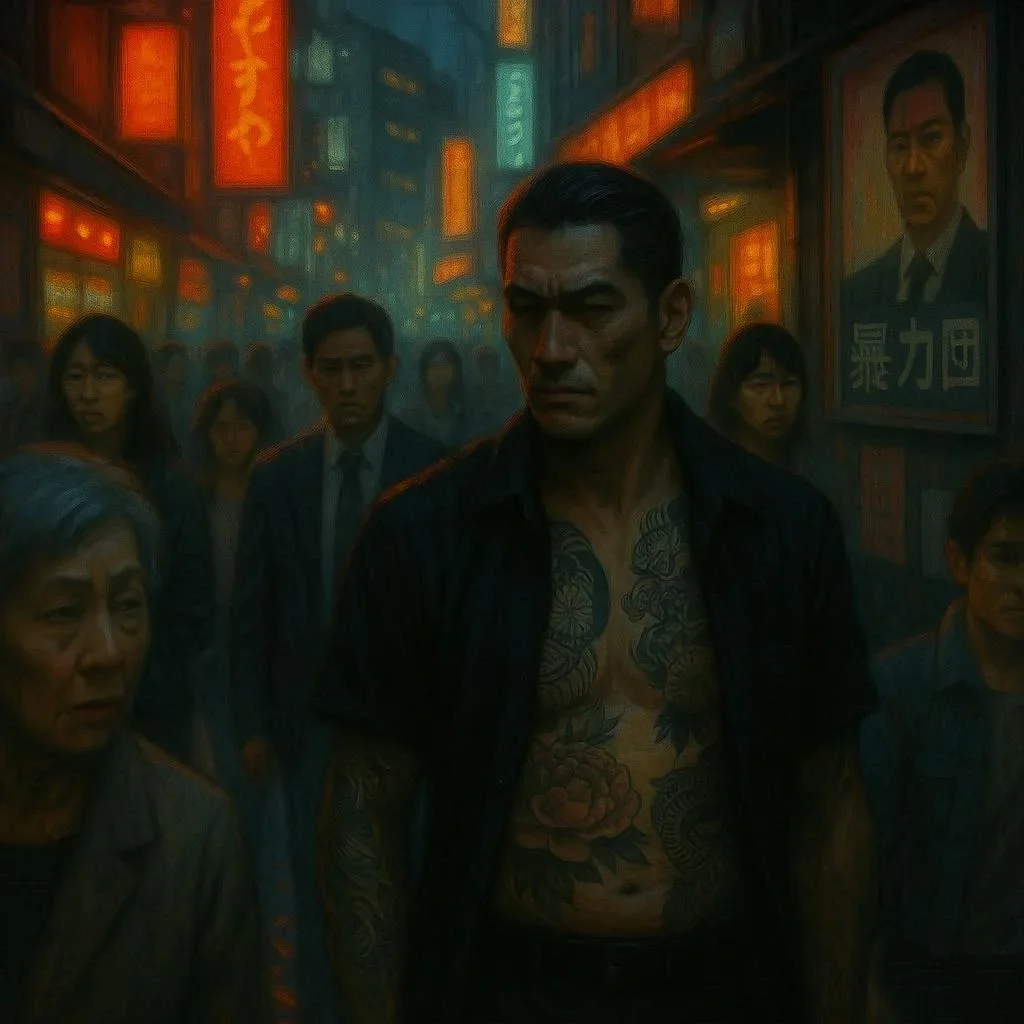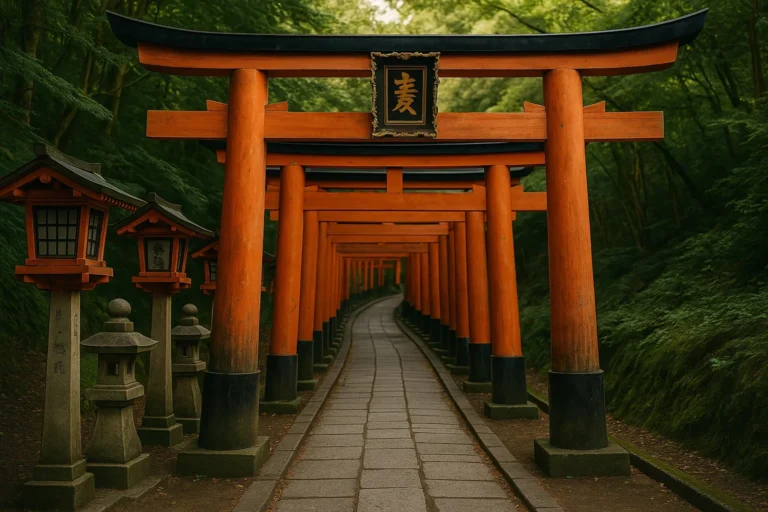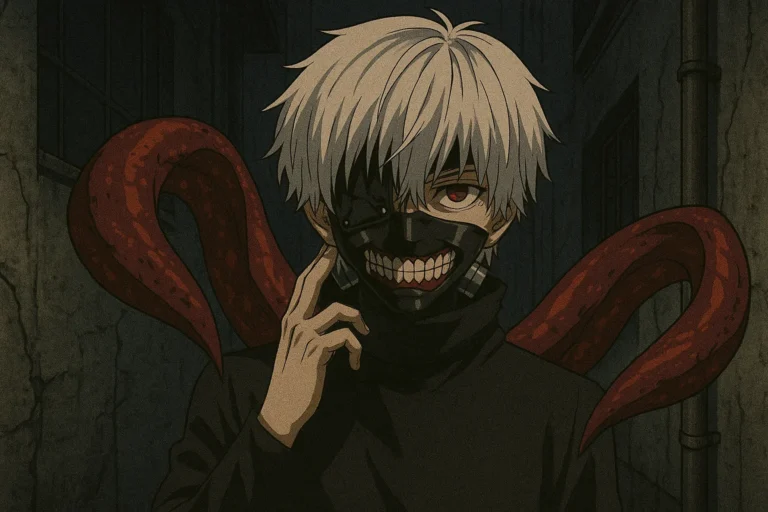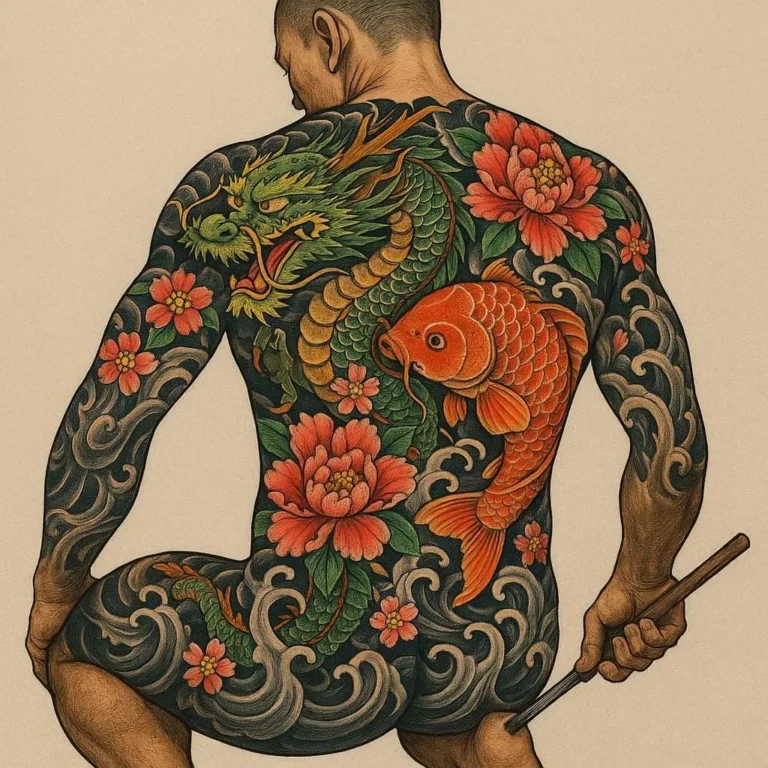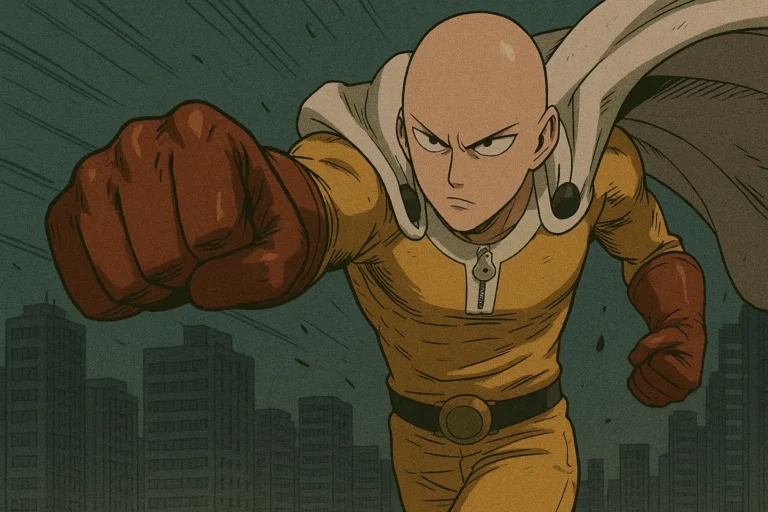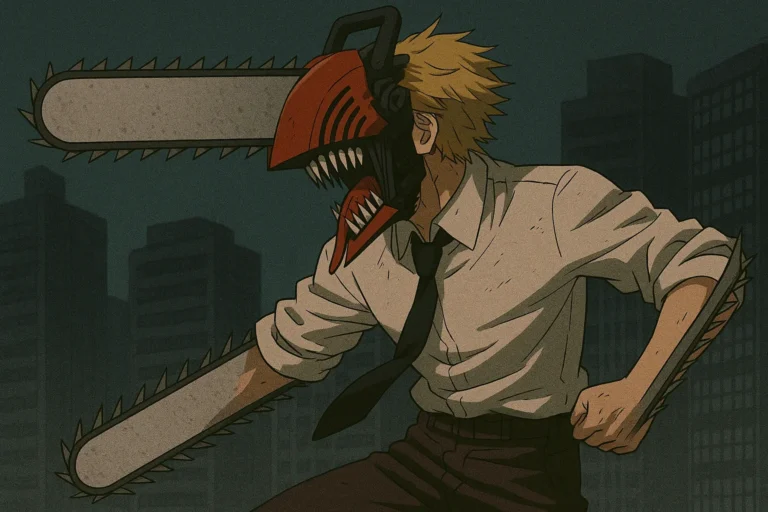Public Perception of Yakuza: Tattoo Stigma, Social Exclusion, and Changing Image
The Yakuza, often referred to as Japan’s organized crime syndicates, have long been shrouded in mystery and intrigue. While their influence in Japanese society has evolved over the centuries, one aspect remains constant: the complex and often contradictory public perception of this enigmatic group. From the intricate tattoos adorning their bodies to their strict codes of conduct, the Yakuza have always been both feared and fascinating to the outside world. This blog post explores the public perception of the Yakuza, focusing on the stigma surrounding their tattoos, the social exclusion they face, and the shifting image of this ancient organization in modern times.
The Yakuza: A Historical Perspective
Before diving into public perception, it’s essential to understand who the Yakuza are and how they came to be. The origins of the Yakuza can be traced back to the 17th century, when they emerged as outcasts from Japanese society. These outcasts were often forced into indentured servitude, and over time, they formed organized groups to protect themselves and their interests. These groups eventually evolved into the sophisticated crime syndicates we know today.
The Yakuza’s structure and operations are deeply rooted in tradition. They operate under a strict hierarchical system, with members adhering to a code of honor known as “giri.” This code emphasizes loyalty, respect, and the importance of maintaining face. Despite their criminal activities, the Yakuza have historically been seen as a necessary part of Japanese society, often stepping in to maintain order in areas where the police could not.
The Tattoo Stigma
One of the most iconic and enduring symbols of the Yakuza is their tattoos. These elaborate body art pieces are not just for aesthetic purposes; they hold deep cultural and symbolic meaning. Yakuza tattoos are often intricate and cover large portions of the body, depicting scenes from mythology, nature, and historical events. These tattoos serve as a visual representation of a member’s status, loyalty, and history within the organization.
However, these tattoos have also become a source of stigma and social exclusion. In Japan, tattoos are traditionally associated with criminality and outcast groups. While tattoos are gaining acceptance in modern times, especially among younger generations, they are still largely frowned upon in mainstream society. Many public bathhouses, swimming pools, and even some tattoo parlors in Japan refuse service to individuals with tattoos, fearing that they may be associated with the Yakuza.
The stigma surrounding Yakuza tattoos is so strong that it has led to widespread discrimination against members and even their families. Many Yakuza members are forced to hide their tattoos in public, using clothing or bandages to cover them. This stigma extends beyond the individual members, affecting their families and even the businesses they own or frequent.
Social Exclusion
The social exclusion faced by the Yakuza is not limited to their tattoos. As an organized crime group, the Yakuza are often viewed with suspicion and distrust by the general public. Their activities, which can include extortion, gambling, and drug trafficking, have contributed to their negative reputation. However, it’s important to note that not all Yakuza members are involved in illegal activities, and some groups have legitimate business interests.
Despite this, the social exclusion of the Yakuza is deeply ingrained in Japanese culture. In many parts of Japan, the Yakuza are seen as outcasts, and their presence is often met with fear and avoidance. This social exclusion is reinforced by the media, which often portrays the Yakuza in a negative light, highlighting their criminal activities and downplaying their cultural significance.
The Yakuza’s social exclusion has also led to their marginalization within Japanese society. Many Yakuza members live in specific neighborhoods, often on the outskirts of cities, where they are somewhat isolated from mainstream society. This physical and social isolation has contributed to the perception of the Yakuza as a separate and distinct group, further reinforcing their stigma.
The Changing Image of the Yakuza
In recent years, the image of the Yakuza has begun to shift. While they are still viewed with suspicion by many, there is a growing interest in their culture and history. This change is partly due to the decline of the Yakuza’s influence in Japanese society. As the Japanese economy has grown and modernized, the Yakuza’s traditional role in maintaining order and protecting businesses has diminished. This decline has led to a re‑evaluation of their place in society.
The Yakuza’s changing image is also influenced by popular culture. Movies, television shows, and books have long romanticized the Yakuza, portraying them as honor‑bound warriors with a strict code of conduct. While these portrayals are often exaggerated, they have contributed to a more nuanced public perception of the Yakuza. Many people now see the Yakuza not just as criminals but as complex individuals with a rich cultural heritage.
Another factor in the changing image of the Yakuza is their efforts to rebrand themselves. Some Yakuza groups have attempted to distance themselves from their criminal past, focusing instead on philanthropy and community service. For example, some Yakuza groups have been involved in disaster relief efforts, providing aid to victims of natural disasters. These efforts have helped to humanize the Yakuza and challenge the negative stereotypes surrounding them.
Tattoos and Modern Times
The stigma surrounding Yakuza tattoos is also beginning to fade in modern times. While tattoos are still largely stigmatized in Japan, attitudes are slowly changing. Younger generations, in particular, are more open to tattoos and view them as a form of self‑expression rather than a symbol of criminality. This shift in attitudes has led to a growing acceptance of tattoos in certain contexts, such as in the fashion and entertainment industries.
However, the stigma surrounding Yakuza tattoos remains strong. Many Yakuza members still face discrimination and social exclusion due to their tattoos, and the association between tattoos and criminality persists. Despite this, the Yakuza’s tattoos continue to be a source of pride and identity for many members, serving as a reminder of their history and loyalty to their organization.
Public Perception Today
Public perception of the Yakuza today is complex and multifaceted. While they are still largely viewed with suspicion and distrust, there is a growing interest in their culture and history. The Yakuza’s image is being shaped by a combination of factors, including their declining influence in Japanese society, their portrayal in popular culture, and the changing attitudes toward tattoos.
For many people, the Yakuza represent a connection to Japan’s past, a reminder of a time when honor and loyalty were the cornerstones of society. While their criminal activities cannot be ignored, the Yakuza’s cultural significance and historical roots cannot be denied. As Japanese society continues to modernize and evolve, the Yakuza’s place in it will likely continue to shift, leading to a more nuanced and balanced public perception.
Conclusion
The public perception of the Yakuza is deeply influenced by their tattoos, social exclusion, and changing image. While the Yakuza have long been stigmatized due to their association with criminality, they also hold a significant place in Japanese culture and history. As attitudes toward tattoos and organized crime continue to evolve, the Yakuza’s image will likely become more multifaceted, reflecting both their criminal activities and their cultural heritage.
In the end, the Yakuza remain a fascinating and complex subject, embodying both the darker and lighter aspects of human nature. Their story is one of loyalty, honor, and resilience, set against the backdrop of a rapidly changing world. As we move forward, it will be important to approach the Yakuza with a balanced perspective, recognizing both their contributions to Japanese culture and the challenges they pose to society.

